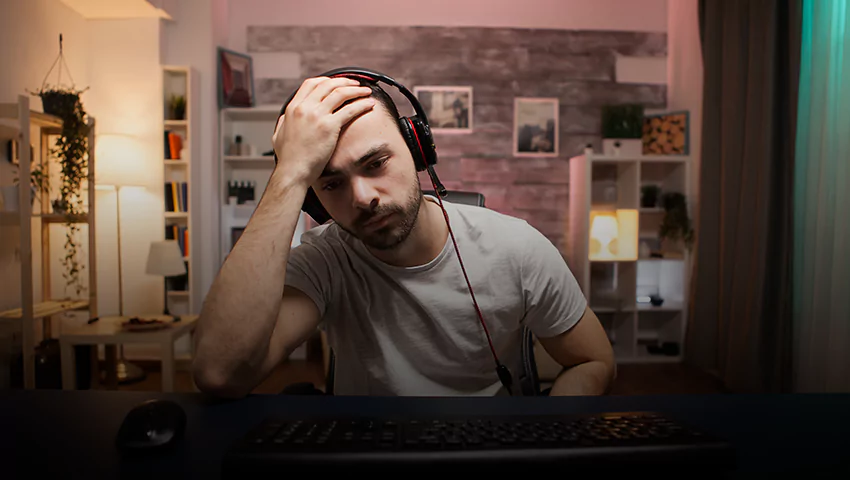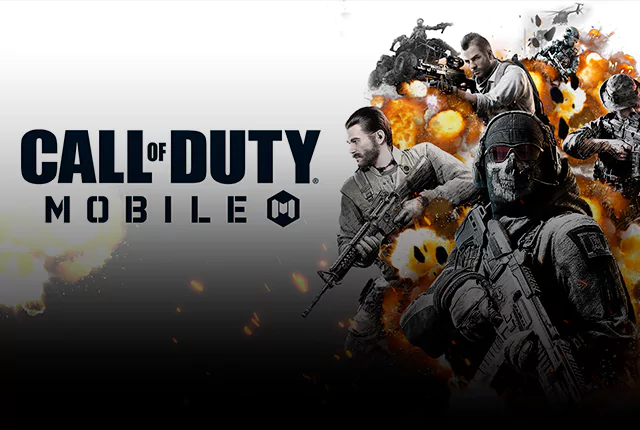Gaming and Mental Health: How Gaming Can Be Good for You

The rapidly evolving world of video games is often met with skepticism and concern, particularly its implications for mental health. Commonly, people associate gaming with unhealthy behaviors, from addiction to unsocial tendencies. Yet, the digital gaming universe has many treasures hidden in its code, mainly when we assess its potential benefits for our mental wellness. Let's embark on a quest to unveil the advantages of gaming for the human psyche.
The Therapeutic Power of Gaming
Easing Stress and Anxiety Losing oneself in the realm of a game can be equated to diving deep into a novel or getting absorbed into a gripping movie. As players maneuver through virtual challenges, their focus shifts from the concerns of the real world. This diversion aids in alleviating feelings of stress and anxiety.
Imagine battling dragons, solving intricate puzzles, or leading a soccer team to victory. These experiences can foster feelings of relaxation and distraction from daily pressures. According to the University of California, Berkeley, and gaming for just a half-hour can substantially lower stress indicators like cortisol levels, leading to an enhanced sense of tranquility.
Uplifting Moods and Harnessing Emotional Regulation
The digital victories and adventures gaming offers to act as catalysts for releasing dopamine, our brain's "feel-good" chemical. This release is a natural mood enhancer, helping combat sadness or lethargy.
Furthermore, games often pose obstacles and challenges. Overcoming these hurdles teaches gamers resilience, patience, and coping strategies. These "in-game" skills are transferable to real-world situations, assisting individuals in navigating life's ups and downs. As evidenced by the University of Exeter, regular gaming can be linked with elevated life satisfaction levels.
Sharpening the Mind
Games aren't just about brawn; they're immensely about brainpower, too. Gamers frequently encounter scenarios that demand tactical thinking, rapid decision-making, and acute attention to detail. Engaging in cognitively demanding tasks can sharpen problem-solving capabilities and strategic thinking.
Research from the University of Toronto emphasizes this, highlighting improvements in gamers' attention spans, memory retention, and multitasking abilities. Gaming is not merely an idle pastime but a tool for cognitive enhancement.
Crafting Social Bonds
The multiplayer dimension of many games acts as a virtual playground. Gamers collaborate with people worldwide, forging friendships and strengthening pre-existing relationships. This interconnectedness shatters the myth of gaming as an isolating activity. Studies like the University of Maryland underscore this sentiment, associating multiplayer gaming with heightened social connection and camaraderie.
Bestowing a Sense of Achievement
Achieving milestones in a game, whether completing a challenging level or mastering a skill, offers players a genuine sense of accomplishment. These moments of triumph bolster self-worth and confidence. Moreover, many games' intricate narratives and character arcs can provide players with a more profound connection, fostering a sense of community and purpose.
Final Thoughts
Gaming is more than a leisure activity; it's a sanctuary for many, offering solace, mental stimulation, and social connectivity. While it's paramount to ensure a balanced approach to gaming to avoid potential pitfalls, it's equally crucial to recognize and celebrate the myriad ways it contributes positively to our mental health. In the grand tapestry of life, games are not just pixels and sound bites; they are tales of human experience, resilience, and growth.
Recommended
Best Pokémon for Pokémon GO Master League (No CP Limit)
2 months ago
Top Pokémon for the Ultra League in Pokémon GO (Under 2500 CP)
2 months ago
Corrode is Here: Everything You Need to Know About VALORANT’s Toxic New Map
1 month ago
Gaming eTrueSports: The Next Revolution in Online Play
1 year ago
10 Hilarious Co-Op Games You *Must* Try With Friends in 2025
2 months ago

